Behind the Scenes at PWC
Pacific Wildlife Care (PWC) has been an advocate for wildlife in San Luis Obispo County since 1984.
From that time we have grown from a small group of dedicated home rehabilitators into a successful non-profit organization with a well-equipped rehabilitation center, a full-time wildlife veterinarian, a small paid staff, and nearly 200 volunteers. In addition to the Rehabilitation Center, which is open every day of the year, we maintain a Wildlife Hotline that the public can call to report distressed wildlife (injured, sick, orphaned) and to receive information about our local wildlife.
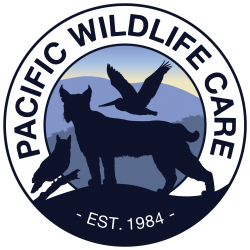
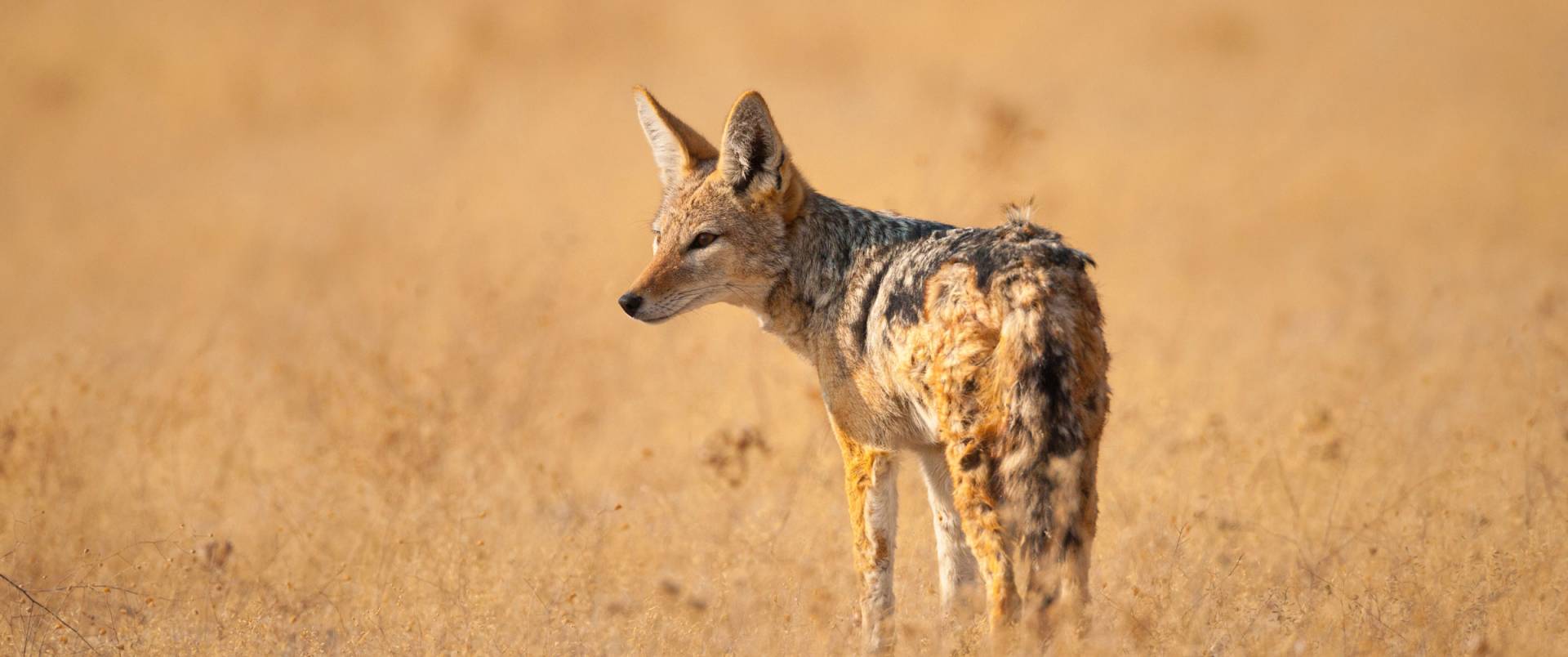
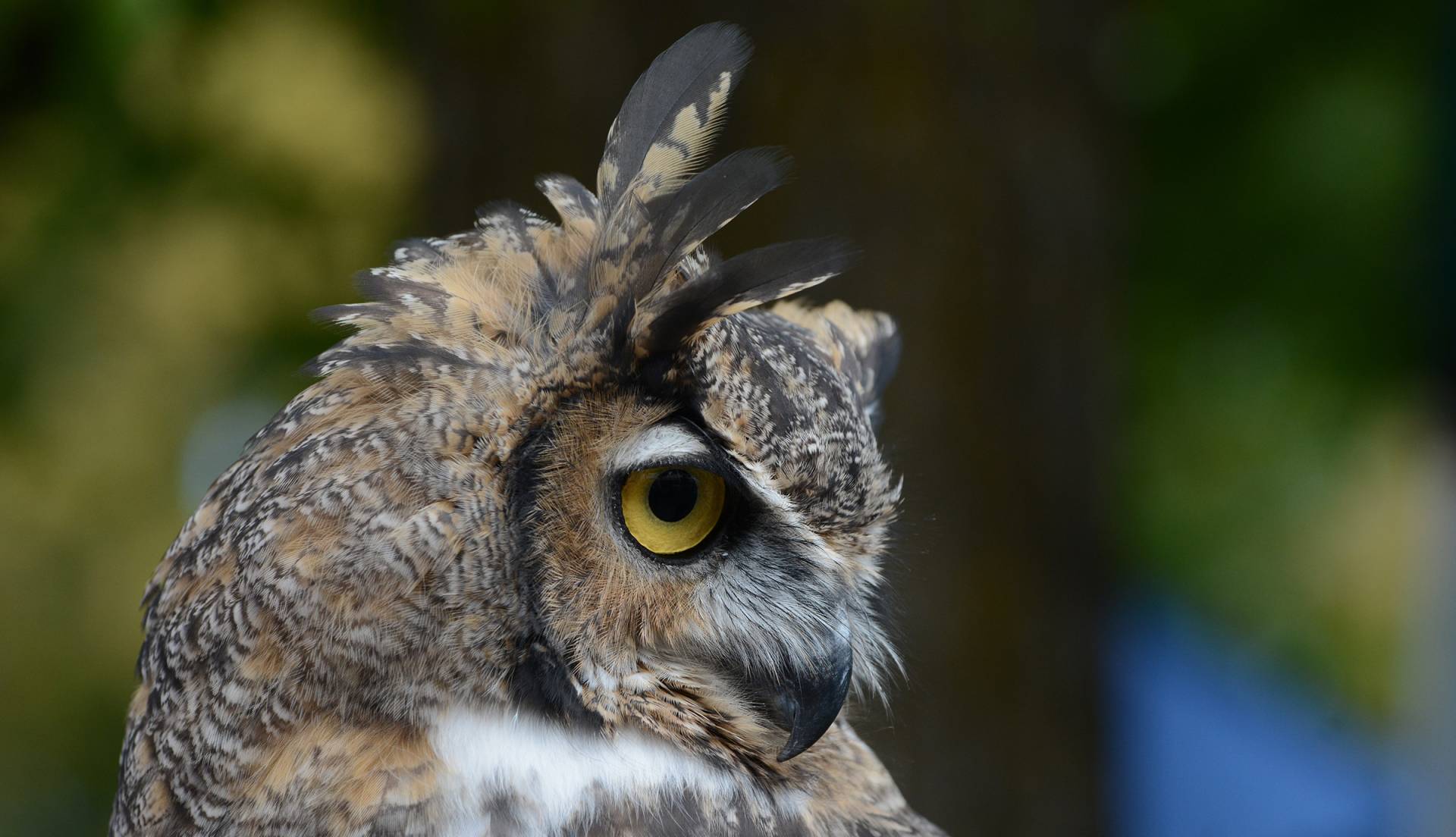
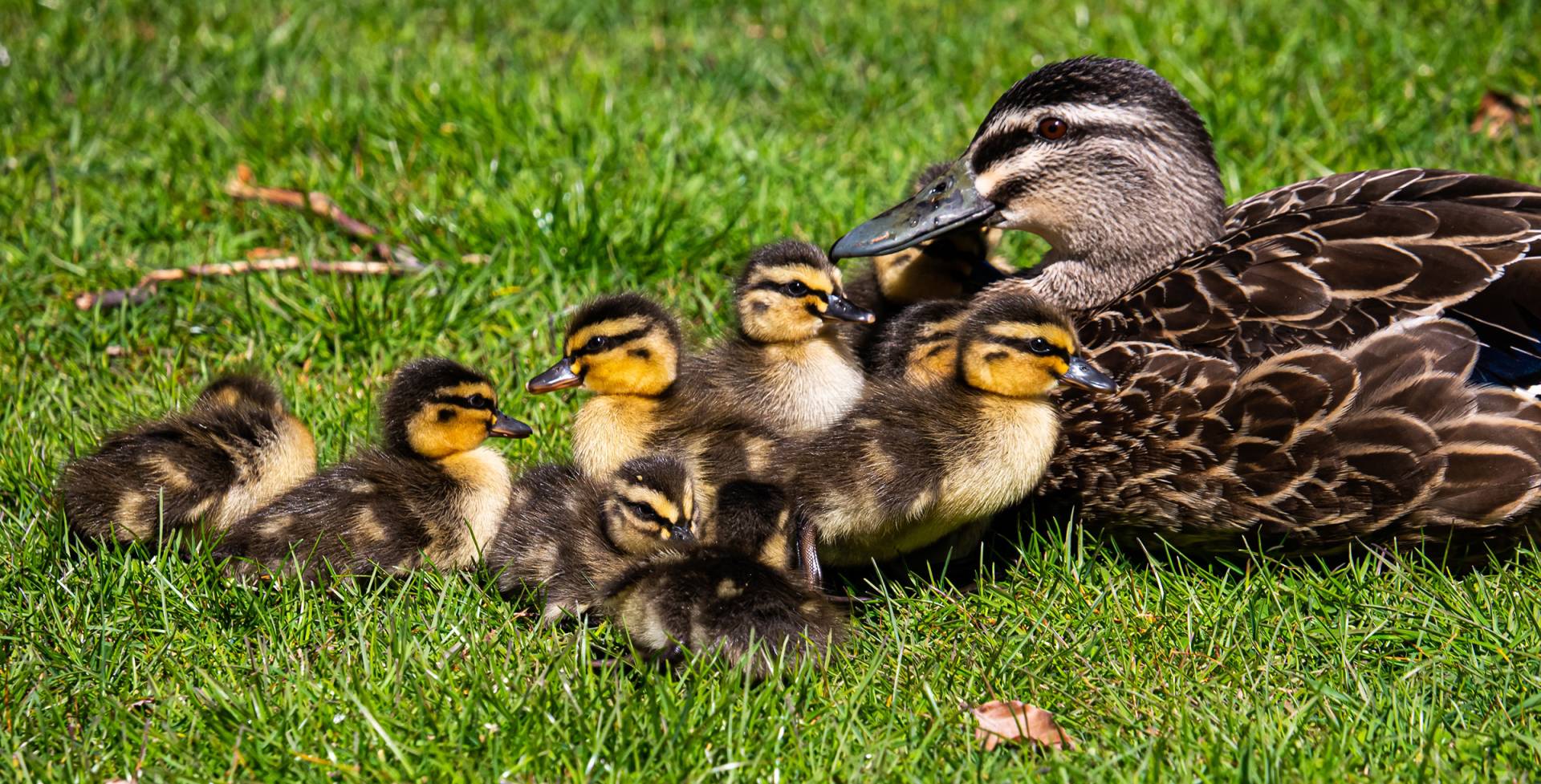
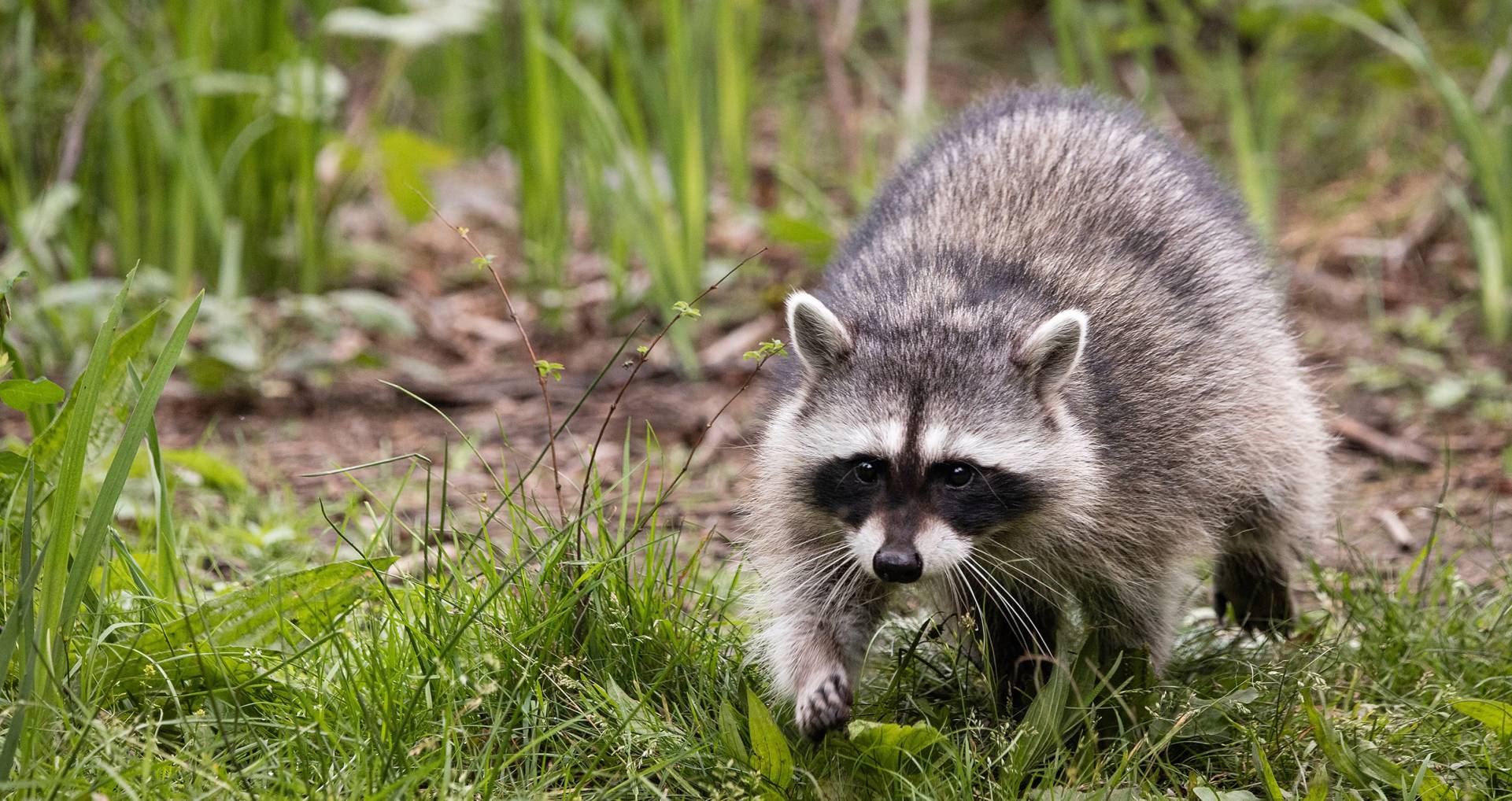
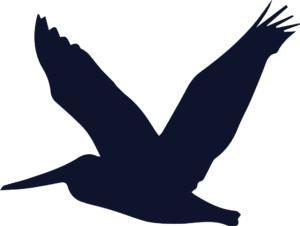
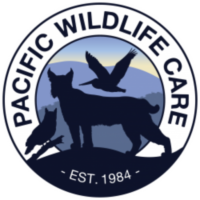
Facebook Posts
We wish we were posting with news that we found our Peregrine Falcon but that is not the case, at least not yet. We are still searching. We wanted to reach out to thank all of you who have provided leads, shared our posts, and expressed hope and encouragement. We are following up on every possible lead and your kind wishes are really helping to keep us, and other searchers, going.
We also wanted to post three more pictures that might be helpful. The one with Morro on his handler’s glove shows both how dark colored his back is and gives perspective on his size. The other picture shows what his jesses look like. We used a pencil to represent his leg to show how the jess, which would normally be attached to the leash, would hang down. If he is flying with both the jesses still on they should be visible hanging down. Also, the differences of how a Peregrine Falcon looks in flight versus a Red-Shouldered Hawk. Notice that peregrines have long pointed wings that jut forward at the wrist versus a hawks who have full wide wings and broad tail. We hope this helps. Please call if you’ve seen him and get a picture of your sighting if you can. (805)543-9453
#sanluisobispocounty #lostanimal #peregrinefalcon ... See MoreSee Less
Thank you PWC volunteers for all of your contributions to California wildlife rehabilitation! ... See MoreSee Less
... See MoreSee Less
‼️Please be on the lookout! Escaped educational Peregrine Falcon at Laguna Lake, San Luis Obispo, on 4/20/24. Born and raised in captivity. With PWC for 14 years, never lived in the wild. Banded with jesses on both legs (strands of short leather pieces.) Please call if seen. (805)543-9453.
#lostanimal #sanluisobispocounty #peregrinefalcon ... See MoreSee Less